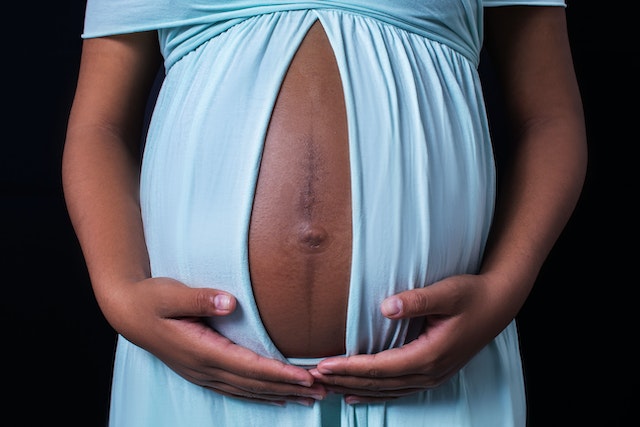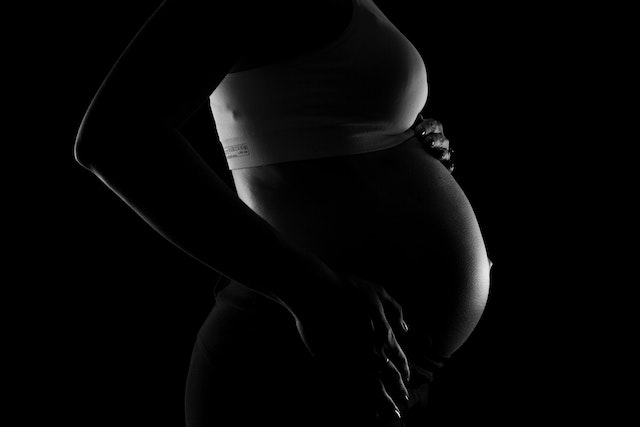There are many necessary reasons why women undergo cesarean sections in order to birth. However, according to a new research study, Black mothers are more likely to receive unnecessary C-sections.

A recent study published in August of this year highlights significant disparities in C-section rates among Black mothers compared to those from other racial groups. Analyzing data from nearly 1 million births across 68 New Jersey hospitals, the research found that Black mothers were 25% more likely to undergo C-sections than their white counterparts. This trend suggests that medical professionals may have a lower threshold for performing unscheduled C-sections on Black mothers, often influenced by implicit biases and systemic racism in healthcare.
Jasmine Johnson, M.D. commented on the study to Parents.com, expanding on the bias and racial implications.
“For example, a medical team may inaccurately hold the belief that Black women are less likely to have successful vaginal deliveries (definitely not rooted in any medical fact), and so the implicit or explicit bias of the team may lead them to be less likely to give Black patients more time to progress in labor compared to their white counterparts.”

Irogue Igbinosa, MD, agrees with Dr. Johnson, adding, “Race is a social phenomenon and construct (not biologically defined), and often, racial disparities in pregnancy outcomes reflect racism instead of race.”
She continues saying that, “In this new study, the authors noted the reasons for C-section were not listed and they could not rule out the presence of ‘unmeasurable factors,’ such as interpersonal interactions, bias, and discrimination.”

The study accounted for various factors, such as medical risks and sociodemographic characteristics, yet Black women still had a higher rate of C-sections. The implications of unnecessary C-sections can be severe, increasing the risk of complications in future pregnancies and impacting both maternal and child health. Previous studies have linked C-sections to higher risks of maternal health issues, including bleeding and infection, and negative outcomes for children, such as asthma and obesity.
To address these disparities, Dr. Johnson stresses the importance of self-advocacy for Black mothers and calls for the healthcare system to track C-section rates by race to identify and rectify inequities.
“For Black mothers, I do not think that it is on us to fix the system, but it never hurts to equip yourself with strategies to advocate for equitable care during your prenatal care and labor.”
Dr. Igbinosa recommends that Black mothers ensure that the following are a part of their pregnancy journey’s:
- Create a birth plan.
- Consider labor/doula support.
- Ask questions throughout your pregnancy.
- Know the urgent maternal signs.
- Tell your story [to help others and bring awareness to Black maternal health].
“In order to specifically address the racial disparities, you first have to be aware the problem exists,” Dr. Igbinosa says. “It’s even more important to partner with the communities most affected to achieve safer birth experiences.”
Such efforts could help ensure that all mothers receive equitable care, ultimately improving health outcomes across Black communities nationwide.